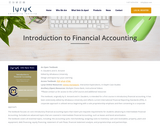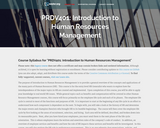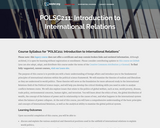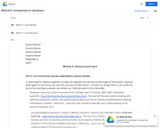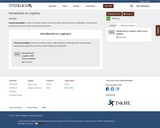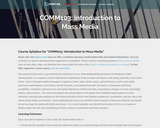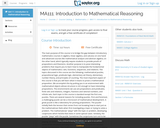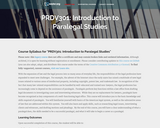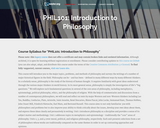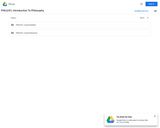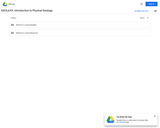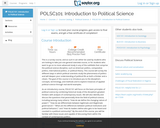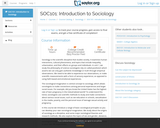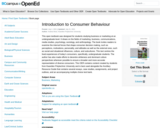
Introduction to Consumer Behaviour
This open textbook was designed for students studying business or marketing at an undergraduate level. It draws on the fields of marketing, business, communications, media studies, psychology, sociology, and anthropology. The book invites readers to examine the internal forces that shape consumer decision making, such as perceptions, motivations, personality, and attitudes as well as the external ones, such as social and situational influences, culture, and subcultures. This text centres the lived experiences of today’s consumers, specifically, undergraduate students. The author has also made efforts to decentre whiteness and dominant culture perspectives wherever possible to ensure a broader and more accurate representation of diverse consumers. This OER contains content created by students from Kwantlen Polytechnic University and is best used alongside the Ancillary Resource Guide that contains several essays, case studies, assignments, and project outlines, and an accompanying multiple choice test bank.
- Subject:
- Business and Communication
- Material Type:
- Homework/Assignment
- Textbook
- Author:
- Andrea Niosi
- Kwantlen Polytechnic University
- Date Added:
- 07/23/2021

